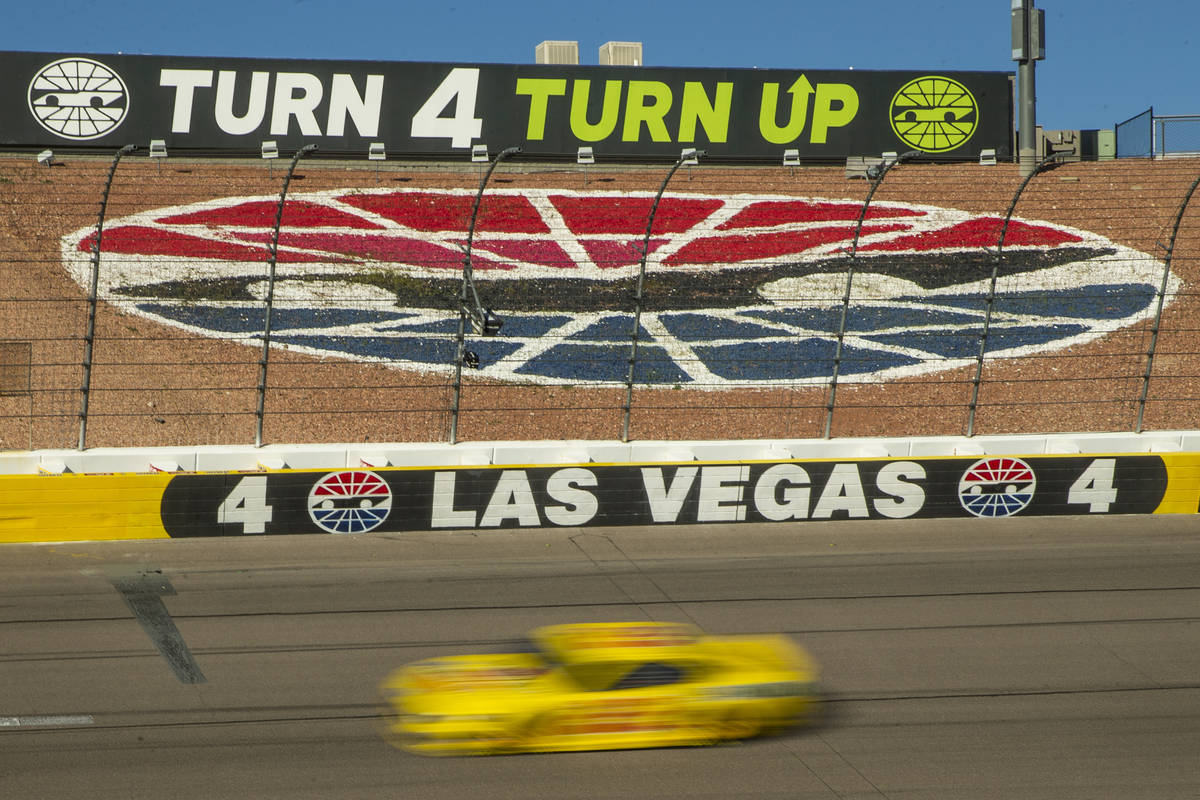TIM BURKE: Will major sports survive a post-quarantine world?
The major sports organizations are searching for a solution on how they will be able to move forward with their seasons in a post-quarantine world.
They are considering moving forward with games and events without fans in the stadiums. NASCAR is the first major sport to restart since the shutdown, and they are doing it without fans in attendance. The stock car series announced it would stick to Tennessee, Georgia, Virginia, Florida, and Alabama for June races. NASCAR has now set plans for 20 races after being shut down for more than two months by concerns about the coronavirus.
Major League Baseball announced this week an abbreviated 60-game schedule beginning in July without fans in attendance. Only one game has been played without fans before this year. On April 29, 2015, the Chicago White Sox and Baltimore Orioles played without fans during the civil unrest in Baltimore following the death of Freddie Gray (one of several incidents of civil unrest during the Obama administration conveniently forgotten). Players from that game described playing without fans as surreal and without energy. The MLB states it would defer to local governments as to whether fans would be allowed at games. That would bode well for a state like Texas, which is reopening despite rising numbers of coronavirus cases and is currently allowing up to 50 percent stadium capacity.
The 2019-20 NBA season went on hiatus on March 11 because of the coronavirus pandemic. On June 4, the NBA’s Board of Governors approved a competitive format to restart the 2019-20 season with 22 teams returning to play and a tentative start date of July 30. The board’s approval is the first formal step among many required to resume the season, and the NBA is working to finalize a comprehensive season restart plan with the National Basketball Players Association. Unlike Major League Baseball that will use team stadiums, the NBA restart is contingent on an agreement with the Walt Disney Company to use Walt Disney World Resort near Orlando, Fla., as a single site for a campus for all games, practices, and housing for the remainder of the season.
The NHL announced its Return to Play Plan on May 26 with 24 teams in competition for the Stanley Cup. The tournament will begin with the Stanley Cup Qualifiers, which will include 16 teams playing eight best-of-5 series and a round-robin among the top four teams in each conference to determine seeds for the Stanley Cup Playoffs. The NHL has narrowed down its list for possible hub cities to six locations - Las Vegas, Chicago, Los Angeles, Edmonton, and Toronto. The league plans to pick two hub cities—one for the Eastern Conference and one for the Western Conference—to host 24 teams when it returns to play. The Stanley Cup Final would likely be played in one of the hub cities.
The NFL has hope of a season in 2020 amid the COVID-19 pandemic, despite facing a new set of problems and dwindling time to get everything figured out. Things appeared to be swiftly getting back on track in time to end the offseason on June 26 and potentially aim at opening training camps in mid- to late-July, if not slightly sooner, but things are taking a dark turn as of late. Groups of players from several teams tested positive for the coronavirus in June, leading to the NFLPA asking players to halt all private workouts with teammates from here on out. The NFL still has to make decisions on whether to play games in the teams’ stadiums, a decision that impacts the new Las Vegas Raiders stadium.
The major sporting organizations are hoping to recoup some of their financial losses by leveraging their events on TV, but some sports are far more enjoyable in person. Attending a baseball game is much more fun than watching it on TV. The smell of popcorn, fans heckling batters, and vendors hawking their wares are fun parts of attending games in person and not watching it from home on TV. On the other hand, football is a sport that works well as a TV product, but watching a game without fans in attendance will still be odd.
Collateral damage not being addressed by any of the major sports is all the unemployed stadium workers. From food and drink vendors to security and parking attendants, the lack of fans in attendance translates into zero jobs for those that depend on that income.
For Nevada, the loss of events will have long-term and far-reaching implications. Tax revenues, hotel room occupancy, airport passenger counts, restaurants, taxis, ride-sharing services, and a multitude of other event-related businesses will experience significant revenue declines. Less revenue means fewer jobs and less funding for services, schools, and social programs.
Tourism in this state is event-driven. We cannot afford a long-term shutdown of events without devastating consequences. It will be interesting to see what, if any solutions come out of Carson City over the next several weeks.
Tim Burke is a businessman, philanthropist, educator and Pahrump resident. Contact him at timstakenv@gmail.com


















